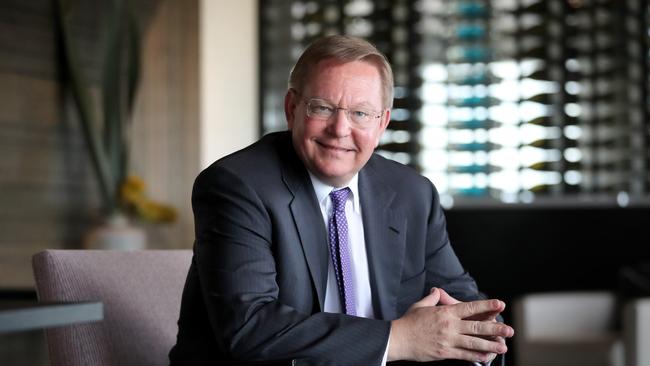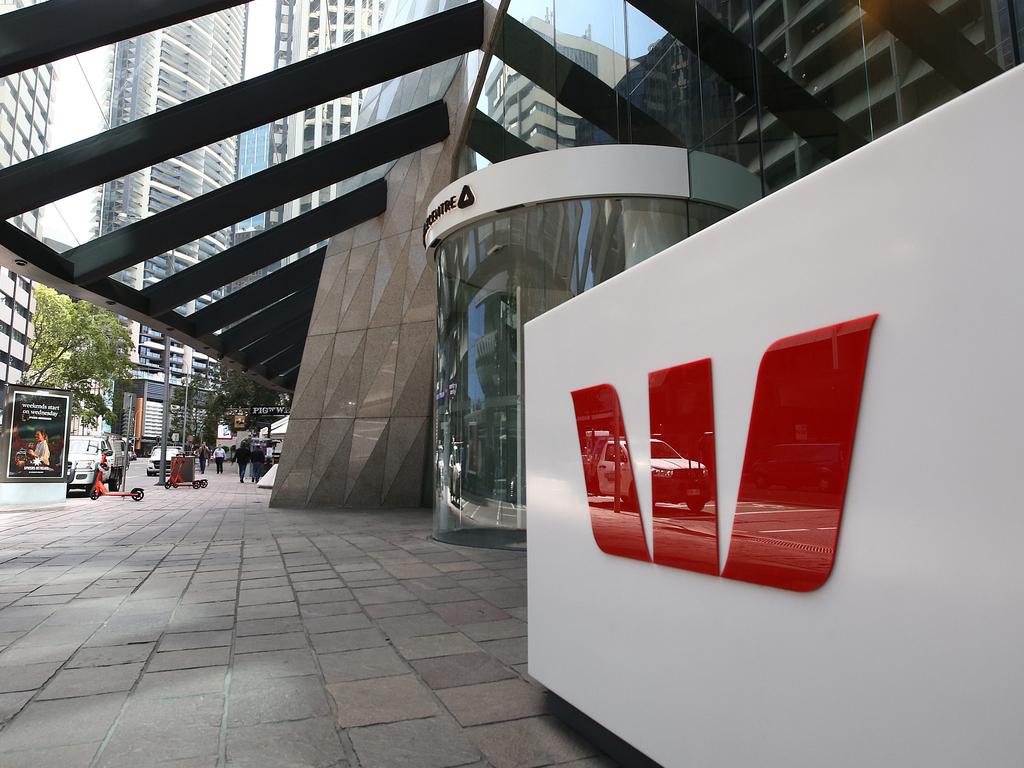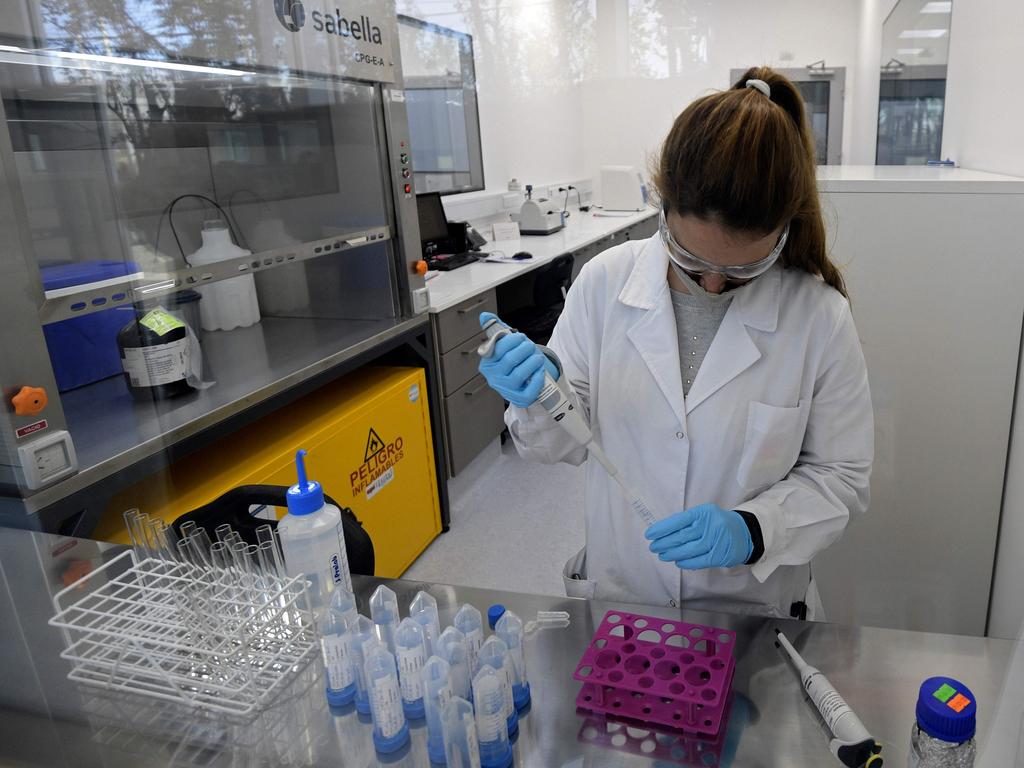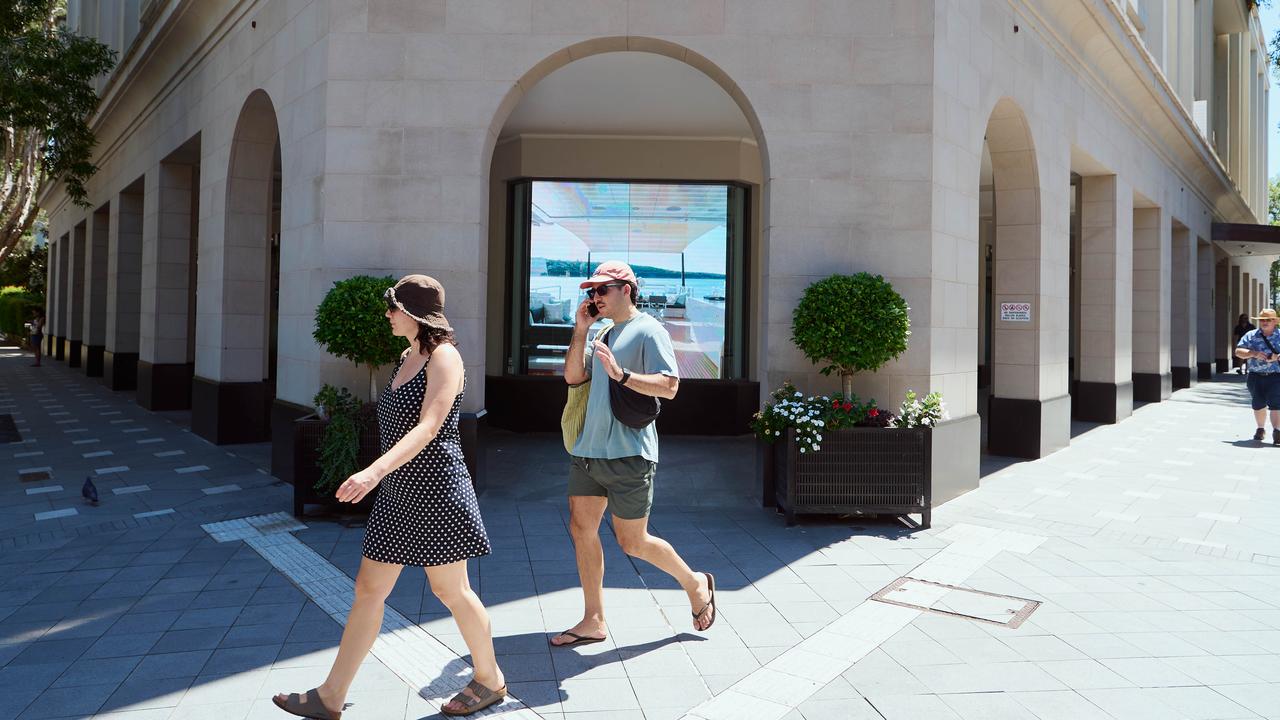Infrastructure offers big opportunities for the long term: PGIM chief
Is the greatest concern that the pandemic will fuel growing tensions from wealth inequality?

One of the world’s top 10 asset managers plans to step up its investments in Australian infrastructure as the nation’s biggest cities continue to grow in a post-COVID world, but warned a “slow, bumpy” global economic recovery would heighten social inequality unless government stimulus is properly targeted.
In a wide-ranging interview, David Hunt, president and chief executive of Prudential Global Investment Management (PGIM), the $1.3bn global asset management business of Prudential Financial, said parts of the local corporate credit and private placement markets would also provide strong opportunities as companies looked for “long-term relationship-based capital”.
PGIM Private Capital provided $US13bn worth of senior debt and junior capital to more than 200 middle-market companies and projects globally last year.
“This is a very opportunity-rich environment we are in right now. These big disruptions not only allow changes in prices, but doing the hard work around a particular investment really pays off. The returns from money put to work this year and early next year are going to be very good,’’ Mr Hunt told The Australian from his New York base.
“Corporate credit is very good across the curve. The AAA tranches of these provide attractive investment opportunities. In real estate, for ever mall struggling, I can tell you a story of an industrial building being turned into a hub for e-commerce. The private credit market has actually been very busy. Companies need cash, banks have been a bit slow to step into that. So we have found demand from our mezzanine funds has been very high.” He said PGIM had been participating in a range of private placements for Australian middle-market companies.
PGIM’s Private Capital Infrastructure team also manages a multi-billion-dollar portfolio of private placement investments in non-energy infrastructure debt, with a focus on North America, Britain/Europe and Australia.
Its key focus is in ports, airports, rail, roads, sports stadiums, key governmental facilities and water/wastewater.
“We have been active in funding rounds into airports, roads and tunnels. We think Australia has been really at the vanguard of how to organise infrastructure investment from a government point of view,’’ Mr Hunt said.
“It may take a bit of a pause till we get through this. But the very powerful forces of urbanisation that have caused centres like Melbourne and Sydney to grow, I don’t think they will come to an end. I remember after 9-11 there was a view New York City would never come back. But over the next 10 years it grew as fast as it could.
“You need to have a long-term view. If you have a two-year horizon you would not be investing in infrastructure right now but if you have a 25-year horizon, there are great opportunities.”
Earlier this year, Industry Super Australia (ISA) unveiled plans to invest close to $20bn in the infrastructure sector over the next three years.
Mr Hunt, who also serves on the US Operating Council and the US Management Council for PGIM’s parent company Prudential Financial, said while urbanisation was here to stay, companies would be more flexible with how they used workers in a post-COVID world.
“They won’t need as much office space. You are going to see occupier demand be less for office. But the number of online warehouses that are needed outside of the major centres around the world is only going to grow. A number of clients that are investing in retail space are using industrial property to do last mile fulfilment of online orders,’’ he said.
PGIM’s real estate arm invests in CBD office, retail and industrial property across Australia.
More broadly Mr Hunt, who has worked in America, Asia, France and Britain and spent 23 years at consulting giant McKinsey, said return expectations need to be adjusted as the world faced a slow road to economic recovery.
“Our view is we will have a slow, bumpy recovery from this. It will be a long slow slog over the next two years at least,’’ he said.
His greatest concern is that the pandemic will fuel growing tensions from wealth inequality.
“My biggest fear is this pandemic will only increase the inequality we are already wrestling with across the developed world. That has real potential to add to the divisiveness that we find in many developed economies. That is why it is really important we get enough fiscal stimulus into the hands of the unemployed.”








To join the conversation, please log in. Don't have an account? Register
Join the conversation, you are commenting as Logout